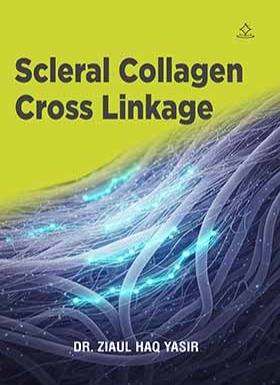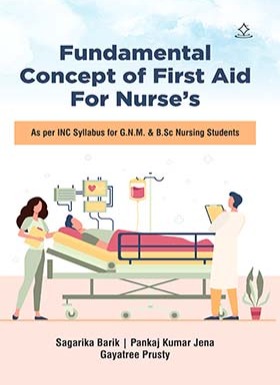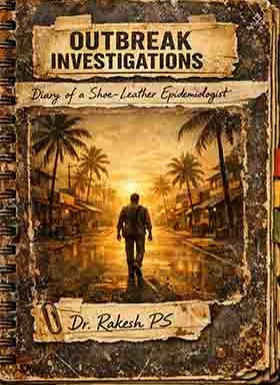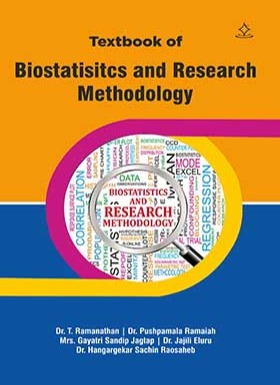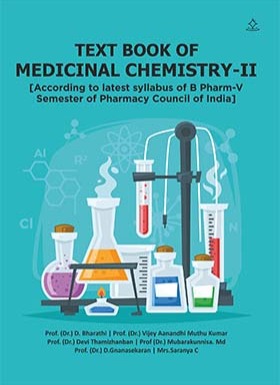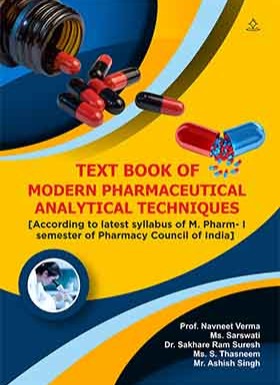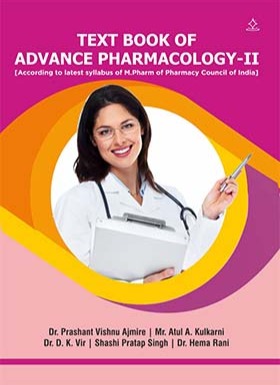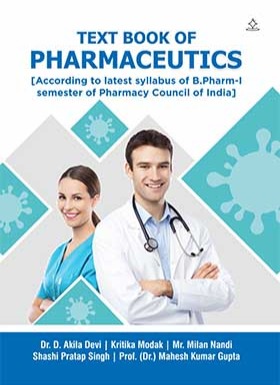


ISBN : 978-93-6087-623-4
Category : Academic
Catalogue : Medical And Nursing
ID : SB21658
TEXT BOOK OF PHARMACEUTICAL BIOTECHNOLOGY
According to latest syllabus for Graduate and Postgraduate students
Dr. Rakesh Singh, Dr. Sunil Prakash Chaturvedi, Mrs. Shalini Singh Negi, Mr. Harendra Prasad, Mr. Diwaker Dadrwal
Paperback
999.00
e Book
599.00
Pages : 266
Language : English
About Book
The Text Book of Pharmaceutical Biotechnology is a comprehensive academic resource designed to provide in-depth knowledge of biotechnological principles as they apply to pharmaceutical sciences. It opens with a foundational introduction to biotechnology, exploring its significance and scope within the pharmaceutical industry. A particular focus is placed on enzyme biotechnology, detailing methods of enzyme immobilization and their wide-ranging applications, along with the crucial role of biosensors. These biosensors, vital in modern pharmaceutical development, are examined in terms of their function and practical utility. The book also introduces the reader to protein engineering and emphasizes the industrial applications of microbial organisms. Detailed sections cover the production of essential enzymes such as amylase, catalase, peroxidase, lipase, protease, and penicillinase, along with general considerations for each. The second section delves into the core of genetic engineering, providing a solid understanding of cloning vectors, restriction enzymes, and recombinant DNA technology. It emphasizes practical applications of genetic engineering in producing interferons, vaccines like hepatitis B, and critical hormones such as insulin. An introductory look at PCR techniques rounds out this segment. The book proceeds to immunology, presenting concepts of immunity, immunoglobulin structures, MHC functionality, and hypersensitivity responses. It also outlines vaccine production, hybridoma technology, and methods of immune modulation. Further, the text explores advanced immunoblotting techniques such as ELISA, Western blotting, and Southern blotting, explaining their principles, procedures, and relevance in diagnostics. Genetic organization in both eukaryotes and prokaryotes is analyzed, along with microbial genetics mechanisms like transformation, conjugation, and transduction. A separate chapter covers microbial biotransformation and mutations, addressing both theoretical and applied aspects. Fermentation science receives thorough attention, from equipment and sterilization to large-scale production processes for key pharmaceuticals like penicillin and citric acid. Finally, the book examines blood products and plasma substitutes, detailing their collection, processing, and storage, and highlighting their critical role in therapeutic applications. Overall, this textbook serves as an essential guide for students and professionals seeking to master the intersection of biotechnology and pharmaceutical development.
Customer Reviews

